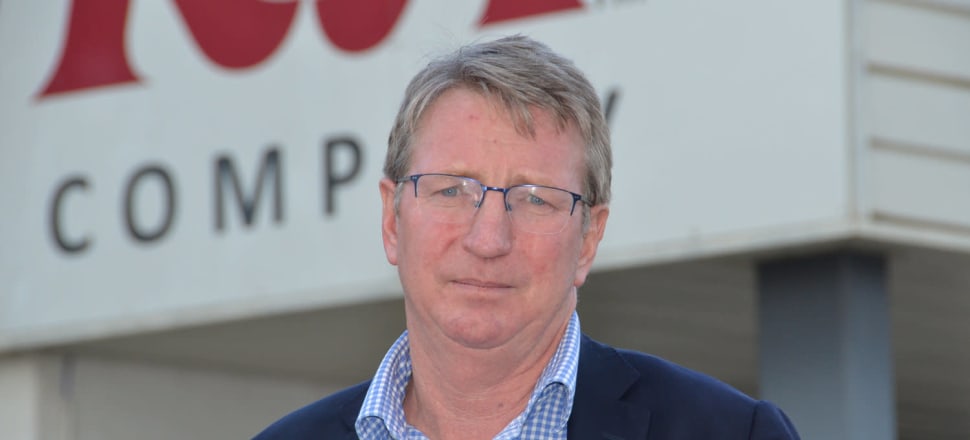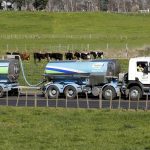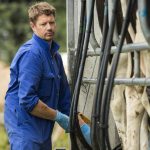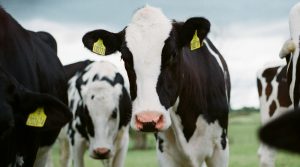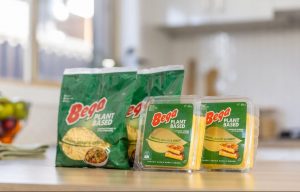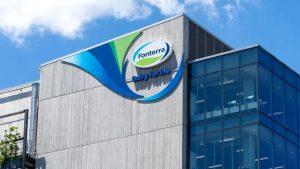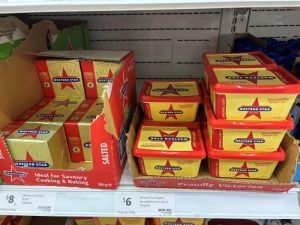
Tighter milk margins and higher finance and depreciation costs drove net profit down by 59 per cent to $11.8 million, even as the dairy producer increased revenue 13 per cent to $1.42 billion on a record milk intake of 1.06 billion litres.
Bega says the 3.0 per cent full-year earnings decline to $89.5 million reflected one-off acquisition costs related to the Koroit facility in western Victoria and the closure of its Coburg plant in Melbourne.
The company said its processing network reset, however, has positioned it as major retailer of butter, milk powders and other specialist milk powder blends, while the launch of gluten-free Vegemite and the Bega Simply Nuts peanut butter range in FY19 also helped boost revenue.
“We look at our prospects in a longer-term perspective, as we transition from a supply business to a market and customer business,” chief executive Paul van Heerwaarden told AAP.
“We started this process a couple of years ago … and as opportunities (to ad products) present themselves we will continue to look at them.”
Mr van Heerwaarden said he expected the industry to further contract in the year ahead, with the ACCC already examining the proposed sale of Lions Tasmanian cheese operations to Saputo.
Bega said its underlying earnings increased to a record $115.4 million for the 12 months to June 30, in line with recent guidance, and an increase of 5.0 per cent over the prior year.
Shares in the company rose on the results and had climbed by 7.24 per cent to $4.075 by 1350 AEST, still down 46 per cent on $7.66 a year ago
Bega acting chairman Max Roberts noted production conditions had been ravaged by the ongoing east-coast drought.
“(This year) will go down in history as one of the most difficult dairy farming years ever experienced,” Mr Roberts said on Wednesday.
“The one in one hundred-year drought, extremely high grain, hay and water prices and continually suppressed retail selling prices for our quality dairy products has really tested the strength and resilience of our dairy suppliers, their families and the communities in which they operate.”
Mr Roberts said FY19 had also created intense competition for the diminishing available milk pool, though he said the company’s $38 million advance to suppliers via the Bega Supplier Premium and related supply agreements should ease some of the pressure into FY20.
Bega’s cost of sales for the year increased by 15 per cent to $1.13 billion, while financing costs nearly doubled to $20.4 million and the closure of the Coburg plant in February resulted in a further $4.9 million hit.
“It was difficult for those affected but this rationalisation was essential,” Mr Roberts said.
Administration costs and distribution expenses were also higher.
Mr van Heerwaarden said milk supply expectations across Europe, the US and New Zealand may result in pricing changes during the second half of FY20, though the company would monitor the market carefully.
Bega chairman Barry Irvin remains on extended leave as he recovers from cancer treatment but Mr van Heerwaarden said he was looking forward to his return for the half-year results after Christmas.
Bega held its final dividend at a fully franked 5.5 cents per share, for a full-year payout of 11.0 cents.
BEGA’S PROFIT DOWN AMID MILK MARKET WOE
* Revenue up 13pct to $1.42bn
* Net profit down 59pct to $11.8m
* Final dividend flat at 5.5 cents, fully franked.
